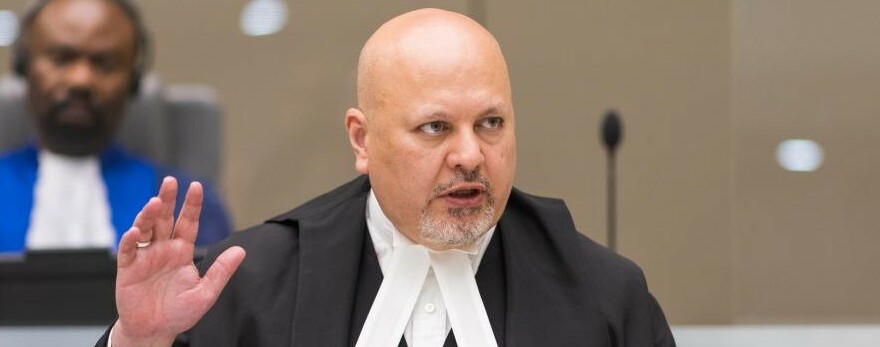The International Criminal Court’s chief prosecutor on Monday said there is evidence of war crimes being committed in Darfur by both the Sudanese armed forces and the Rapid Support Forces.
Addressing the UN Security Council from Chad, Karim Khan conveyed his unequivocal assessment that there is evidence that crimes – which include genocide, crimes against humanity and war crimes – are being committed in the Darfur region.
“The alleged atrocities that have taken place in El Geneina form a central line of investigations that my office is pursuing at this current moment,” he said.
“We are collecting a very significant body of material, information and evidence that is relevant to those particular crimes,” he added.
The war has mostly been centred in the capital Khartoum, but it has also reignited the long-simmering conflict in Darfur. RSF and allied militiamen have been accused of killing thousands of Masalit tribesmen in the town of El Geneina and forcing tens of thousands to flee across the nearby border into Chad.
Mr Khan said he had sought help and information from Sudan to enable the entry of investigators to the country, investigators have not received even a “scrap of paper from the Sudanese armed forces”.
“I met with Gen [Abdel Fattah] Al Burhan in September,” Mr Khan said, referring to the head of Sudan’s armed forces.
“He promised co-operation with the ICC. But despite that promise to meet face to face, despite the often-cited investigative committee that the Sudanese armed forces say has been established to catalogue and investigate any allegations of crimes, we have received no information whatsoever.”
Responding to Mr Khan’s comments, Sudan’s ambassador to the UN Hassan Hamid Hassan said: “Those who plan for a genocide are not that stupid. They are not that stupid to leave documents in the treasuries and in the safe boxes of the government to be found by anyone who wants to hold them accountable.”
The Sudanese civil war, which broke out on April 15 last year, has resulted in more than 13,000 deaths and the displacement of about 6.5 million people.
The conflict erupted due to disputes regarding the blueprint for a political transition and the integration of the RSF into the military following the removal of former leader Omar Al Bashir.
The conflict has persisted despite numerous international attempts to broker a ceasefire.




